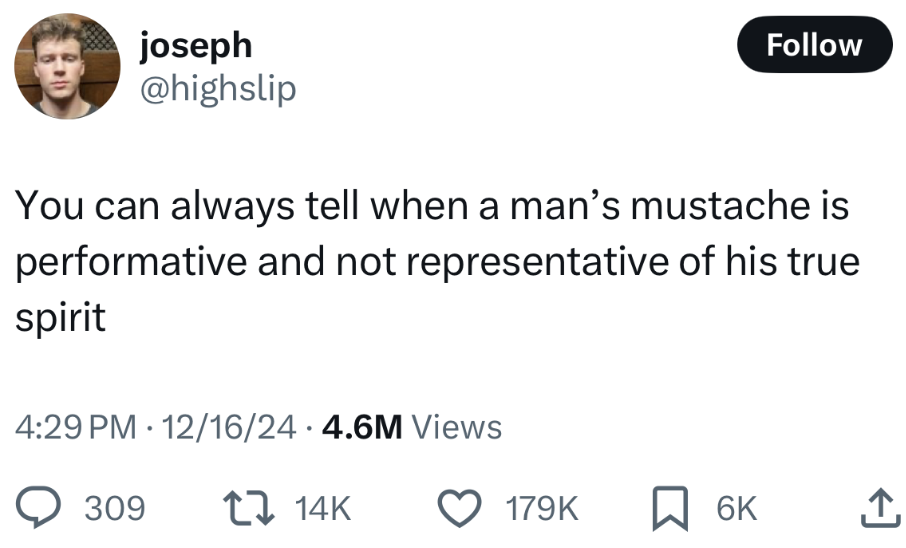If you look at the numbers, the video game industry is flourishing, with players worldwide projected to spend nearly $138 billion on video games by the end of 2018 according to the Global Games Market Report. Depending on who you ask, in terms of growth and profitability video games are either looking to soon unseat the film industry for king of the entertainment world, or have already won. “The movies are dying” is the Arts section equivalent of the “millenials are ruining everything” op-ed in terms of both frequency and hyperbole, but while some commentators have spotted darkness on the horizon for both film and TV in our current era of “convergence culture,” little concern has been voiced for the future growth of the games industry.
Sure, there have been plenty of video game related hot takes in the past, but they tend to either focus on concerns regarding the potential corruption of young minds — kids are spending too much time playing video games, video games are too violent, and so on — or the toxic workplace culture which has been known to chew up and spit out even the most dedicated developers in a matter of years. But the business? The business is booming.
Which is why the sudden and dramatic downfall of TellTale Games, founded in 2004 by a trio of LucasArts veterans and renowned for its critically and commercially successful episodic adventure games, sent shockwaves through the internet last month. On Sept. 21, the company, best known for its tie-ins to popular franchises, including “The Walking Dead,” “Game of Thrones” and “Guardians of the Galaxy,” laid off an estimated 250 of 274 employees in a “majority studio closure.” Those affected were handed a paper paycheck for pay through the end of the day and given 30 minutes to vacate the building with no warning and no severance pay. Just days before, TellTale designers had enthused about the company’s future plans and upcoming releases, including a much-anticipated sequel to “Fables” comic tie-in game “A Wolf Among Us,” a second “Game of Thrones” series and an announced “Stranger Things” game, all now presumed cancelled.
Though shocking to a casual bystander, a close observer would likely be far less surprised by TellTale’s collapse. Though expanding in terms of company size and frequency of releases, there was little question TellTale of 2018 was not where it was when it was at its peak six or so years ago — winning Best Game of the Year at the Spike Video Game Awards for the first installment of their “The Walking Dead” series. It was a veritable David and Goliath story, with a scrappy company of less than 100 employees beating out multi-million dollar behemoths including “Mass Effect 3” and “Dishonored.”
Especially after the massive success of “The Walking Dead,” the company expanded rapidly and became an especially noxious perpetrator of many of the worst sorts of trends endemic to the game development industry — a chaotic and workplace where miscommunication ran rampant and “crunch” conditions of 20-hour days and 100-plus hour weeks became the norm. The workplace culture shifted in other ways as well, with the narrative focus and craftsmanship that TellTale Games had been known for giving way to an emphasis on quantity over quality. Particularly in the past few years, the company lost a number of high-profile employees whom one insider collectively referred to as “the stewards of the creative torch at Telltale,” according to The Verge, thus leading to a creative vacuum within the company. Some insiders have accused former CEO and co-founder Kevin Brunera — a highly abrasive personality, according to several anonymous accounts — as playing a major role in many of the most destructive changes within the company and cultivating a “culture of fear.” According to multiple sources, a running joke within the company compared Bruner to the Eye of Sauron from “Lord of the Rings.” Bruner took over from Dan Connors as CEO in 2015, only to “step down” two years later — Bruner claimed to have left voluntarily, though some sources reported he was voted out by the Board of Directors, who eventually brought in outsider Pete Hawley to head the company. Hawley’s start was shortly followed by a round of layoffs in early Nov. 2017, though handled entirely in contrast to last month’s, with the 90 or so people affected paid out through the end of the year.
In spite of all the workplace culture issues, TellTale’s downfall was ultimately the product of “a failed round of financing.” In spite of the numbers indicating video games to be a booming industry, a closer looks reveals a volatile world full of unsustainable workplace practices. While TellTale’s closing has been the biggest and most dramatic of recent closures, video game studio closures have reportedly cost 1,000 jobs in the past year alone.
Former employee Vernie Roberts has now filed a class-action lawsuit against TellTale, claiming that the September 21 layoffs were in violation of the WARN Act, which requires that employers give at least 60 days notice prior to mass terminations. However, the law features an exception for “unforeseeable business circumstances” which commentators have noted TellTale will likely try to use in their defence. Even if Roberts lawsuit proves unsuccessful, the collapse of TellTale games could have the potential to serve as a rallying cry for those calling for game developers to unionize, though only time will tell if the talk that has been stirring online in the past few weeks will snowball into action.




